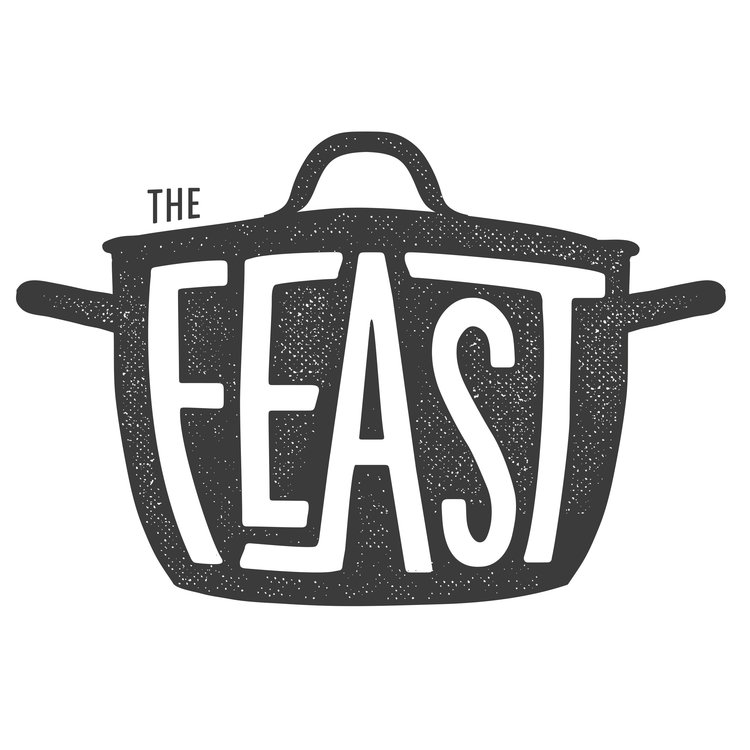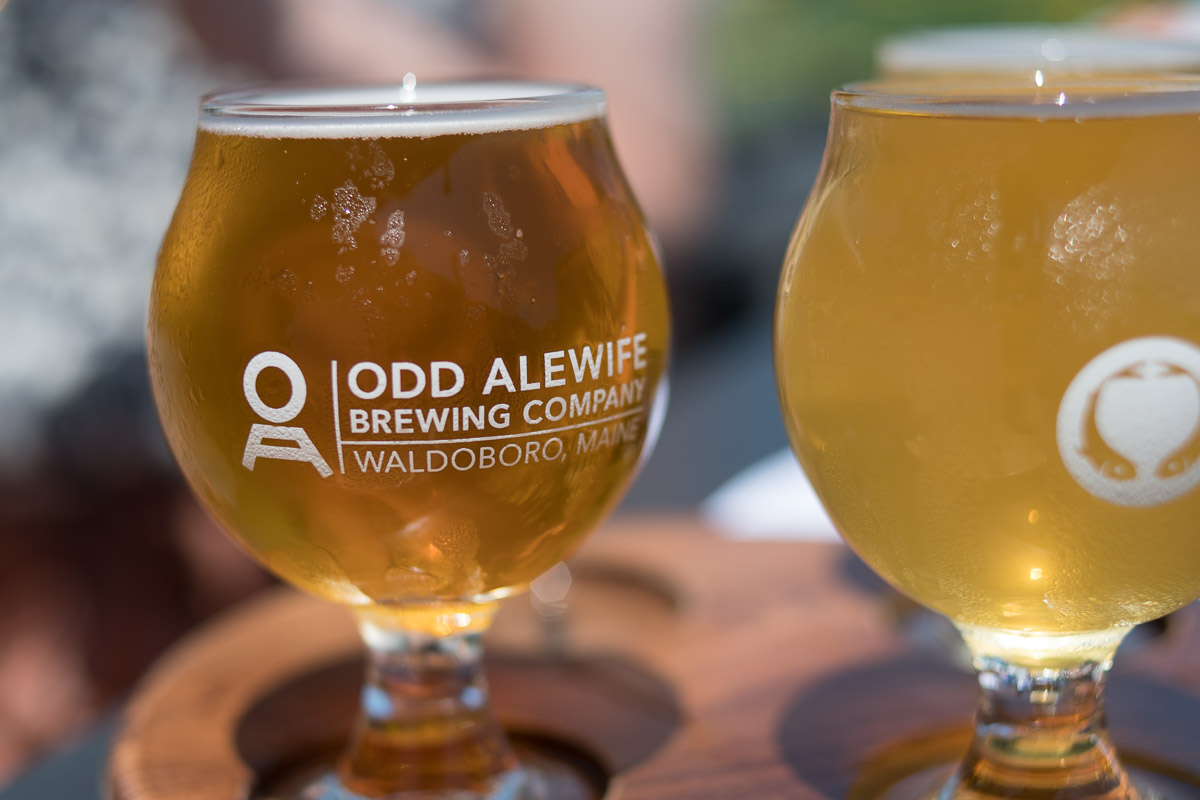Of Fish & Fermentation: Maine’s Odd Alewives Farm Brewery
Photo by Mike Portt
Join us on Maine’s craft brewery trail as we head north to Waldoboro to talk to John and Sarah McNeil, co-owners of Odd Alewives Farm Brewery. From their adorable brewery cat, Rocket, to the latest changes in the American craft beer scene, we’ll discover what makes their fantastic farm brewery tick. Located on 22 acres of an old alpaca farm, John and Sarah are living the good life and serving great beer to both local and international beer enthusiasts. From foraged hyssop ales to maple syrup-infused winter warmers, Odd Alewives Brewery is bringing great beer to northern Maine, one brew at a time. We’ll also explore the interesting brewing history behind their name, which calls back to medieval tradition of a woman-dominated beer industry. And learn how a knowledge of hops and wort led a few ladies to earn the reputation of practicing witchcraft!
Written and Produced by Laura Carlson
Technical Direction & Photography by Mike Portt
Special Guests: Sarah & John McNeil, Co-Owners of Odd Alewives Brewery
Visit John & Sarah at Odd Alewives Farm Brewery at:
99 Old Route One
Waldboro, Maine 04572
207-790-8406
info@oddalewives.com
Reach them out to them on social media at:
The Surprisingly Fishy History of the Ale Wife
Although most folks will tell you that an ale wife is a popular North American type of herring, in fact the original term referred to a woman who was associated with the buying or selling of alcohol (usually beer). The term probably dates to the 15th century, by which point the term had unfortunately become a fairly derogatory one.
Women had long been associated with brewing, usually responsible for brewing the household or family beer, but by the late medieval period, brewing had become a professional industry. Formally trained brewers, usually men, began to form guilds or other professional associations. Women were usually barred from entering or joining these associations. Beer brewed by these “amateur” or non-guilded women soon became suspect, as it couldn’t carry the same official guarantee as the beer associated with the professional brewers. As such, ale wives increasingly were seen as suspect and even shifty characters. In one famous morality play from the 1400s known as the Chester Cycle, a group of sinners is spared from damnation. The only exception in the group is the ale wife, who openly reveals her crimes to the crowd, saying:
Sometyme I was a taverner,
a gentle gossippe and a tapster,
of wyne and ale a trustie bruer, which woe hath me wrought.
Of kannes I kept no trewe measure.
My cuppes I sould at my pleasure,
deceavinge manye a creature,
thoe my ale were nought...
Chester Morality Plays (15th century)
Mother Louise, representing a popular depiction of medieval and early modern alewives.
Many of the stereotypical symbols associated with witchcraft may have their origins in a smear campaign against female brewers. Take broomsticks: women who brewed beer in the late medieval world would often hang broomsticks outside their homes to indicate that beer was available for sale within. Or what about a witch’s bubbling cauldron- ever stop to consider the Wicked Witch of the West was making a delightful IPA in there? And what about taking a look at Mother Louise’s hat- look familiar?
Find out more about the origins of the association between women brewers and witchcraft with this great article from Atlas Obscura.






